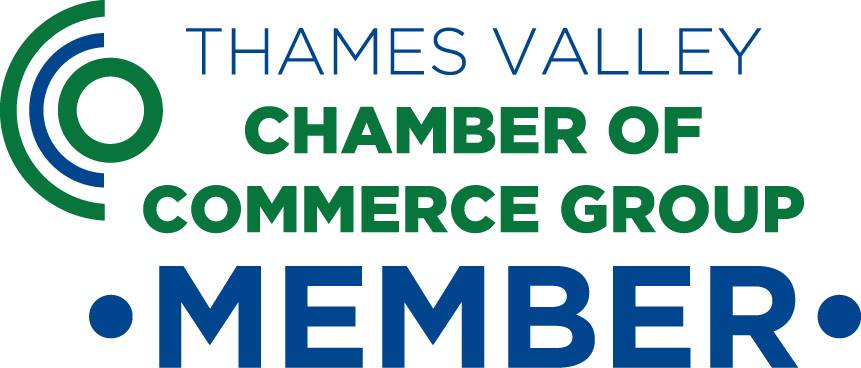In today's rapidly changing world, HR professionals are facing unprecedented challenges and opportunities. From the widespread adoption of remote work to the increasing focus on employee well-being and EDI initiatives, organisations are navigating a complex landscape of evolving trends and policies.
This article explores some of the most prominent HR trends and policies shaping the modern workforce, highlighting strategies for adaptation and success in the face of change. Whether it's embracing remote work, prioritising employee well-being, or leveraging data-driven insights, staying abreast of these trends is essential for HR leaders seeking to drive organisational growth and foster a culture of innovation and resilience.
1. Remote Work and Flexible Working Arrangements: The pandemic only accelerated what was meant to eventually happen, and the adoption of remote work and flexible working arrangements is now the norm. Many companies are implementing policies to support remote work, including flexible hours and distributed teams.
2. Employee Well-being and Mental Health Support: Employers increasingly prioritise employee well-being and mental health support. This includes initiatives such as employee assistance programs (EAPs), mental health days, and resources for stress management and resilience building.
3. Equality, Diversity, and Inclusion (EDI) Initiatives: EDI remains a key focus area for many organisations, with efforts to foster more inclusive workplaces through diversity training, hiring initiatives, and promoting a culture of belonging.
4. Skills Development and Continuous Learning: Continuous learning and skills development are emphasised as companies seek to upskill and reskill their workforce to adapt to changing technologies and business needs. This often involves investing in training programs, online learning platforms, and mentorship opportunities.
5. Agile Performance Management: Traditional performance management systems are being replaced or augmented with more agile and feedback-driven approaches. This includes regular check-ins, real-time feedback mechanisms, and goal-setting frameworks focused on outcomes rather than activities.
6. Remote Onboarding and Virtual Recruitment: With remote work becoming more prevalent, companies are adapting their onboarding processes to be conducted virtually. Similarly, recruitment processes are being conducted remotely, utilising video interviews and virtual assessments.
7. Data-Driven HR: HR departments increasingly leverage data analytics to inform decision-making processes related to talent acquisition, retention, and performance management. This includes using data to identify trends, predict future needs, and measure the effectiveness of HR initiatives.
8. Flexible Benefits and Total Rewards: Employers offer more flexibility in benefits packages to meet the diverse needs of their workforce. This includes options such as flexible spending accounts, wellness incentives, and customisable benefits packages.
9. Remote Employee Engagement: Maintaining employee engagement and connection in a remote or hybrid work environment is a priority for many organisations. This involves implementing virtual team-building activities, communication tools, and recognition programs tailored to remote workers.
10. Sustainability and Corporate Social Responsibility (CSR): Companies integrate sustainability and CSR initiatives into their HR policies, reflecting a growing emphasis on environmental and social impact. This includes initiatives such as volunteer programs, green initiatives, and sustainable procurement practices.
These trends and policies reflect the evolving nature of the workplace and the ongoing efforts of HR departments to adapt to changing circumstances and priorities. It's essential for organisations to stay agile and responsive to emerging trends, to effectively support their workforce, and drive business success.




